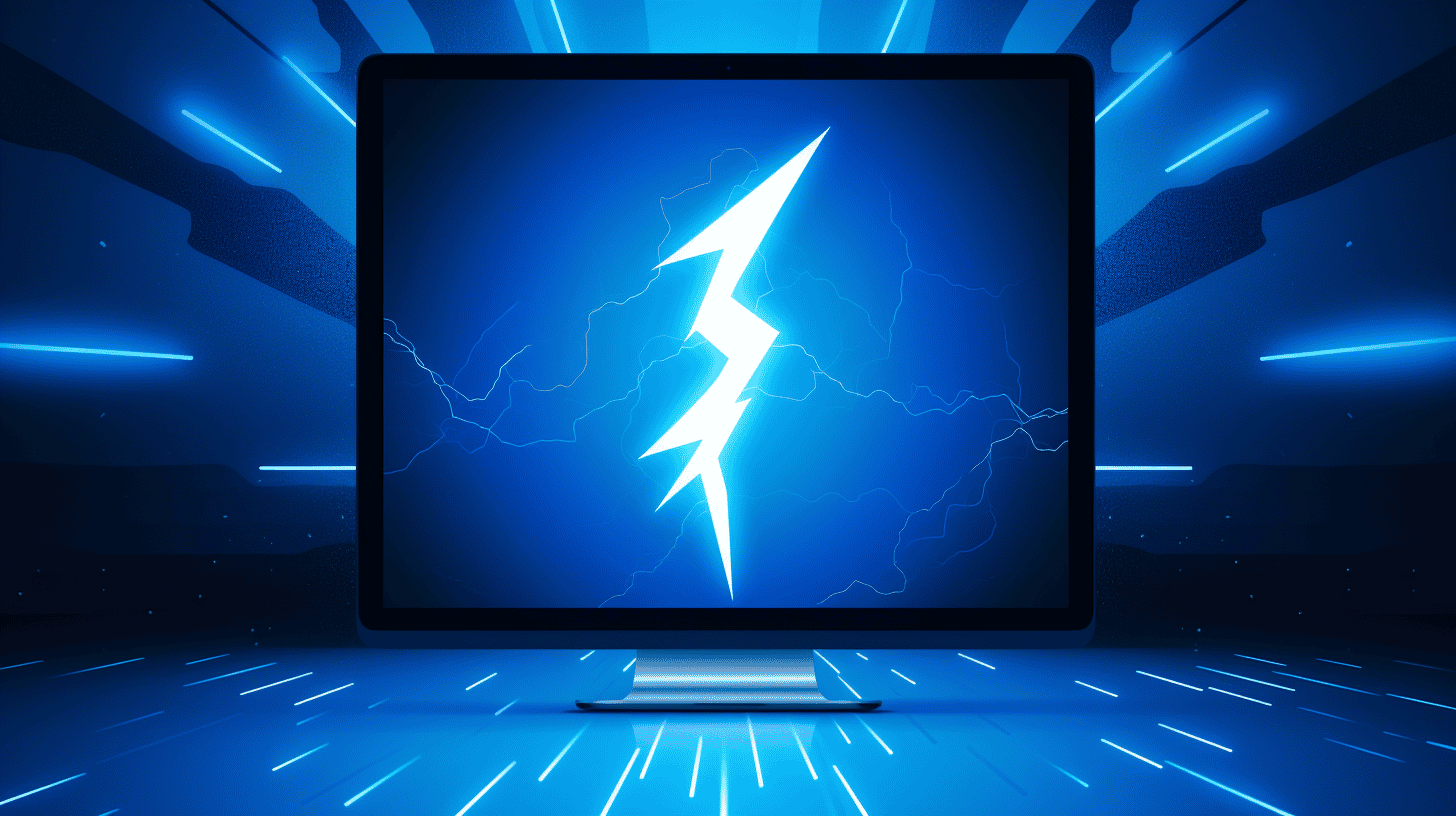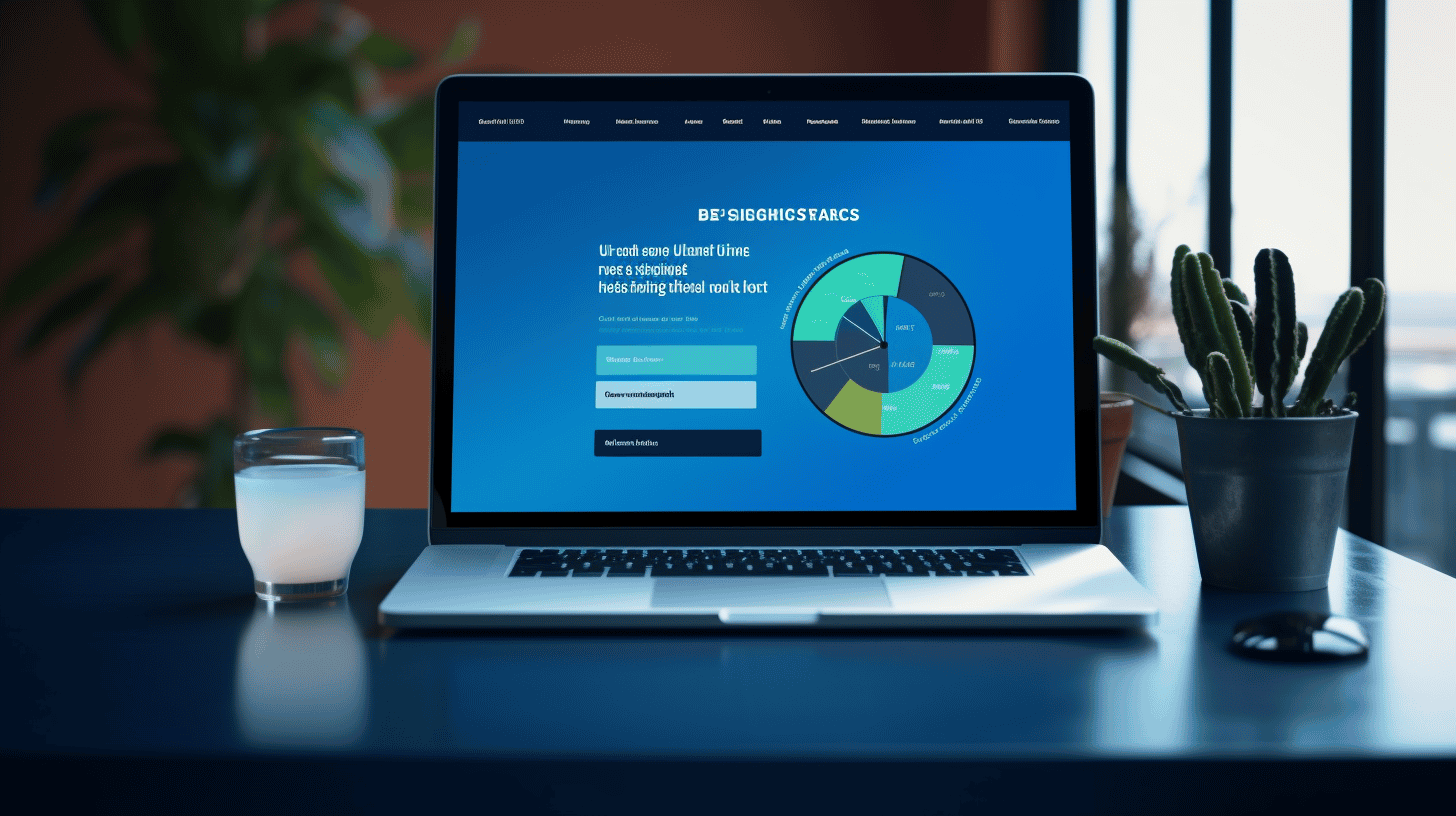在当今的数字环境中,网站加载速度在提供无缝用户体验方面起着至关重要的作用。🚀 用户希望网站能够快速加载,如果加载时间过长,他们很可能会离开网站并寻找其他网站。对于企业和网站所有者来说,这可能会导致错失机会、转化率下降和搜索引擎排名下降。
WordPress 是一款流行的内容管理系统 (CMS),为全球数百万个网站提供支持。虽然 WordPress 为创建和管理网站提供了一个强大的平台,但优化加载速度对于确保最佳性能至关重要。加载缓慢的 WordPress 网站会让用户感到沮丧,并影响在线企业的成功。
那么,你为什么要关心优化 WordPress 网站的加载速度呢?让我们深入了解一些当前的网站加载速度统计数据,以了解它对你在线形象的影响。📊
当前网站加载速度统计
在当今快节奏的数字世界中,网站加载速度对用户体验至关重要。网站加载缓慢会让用户感到沮丧,导致跳出率上升和转化率下降。因此,网站所有者和企业必须了解当前网站加载速度统计数据及其对其在线形象的影响。
平均页面加载时间
根据 2023 年对全球前 100 个网站进行的一项调查,发现桌面端的平均页面加载时间为 2.5 秒,移动设备的平均页面加载时间为 8.6 秒[1]。这些数据揭示了用户对网站速度的期望。顶级网站设定了如此高的标准,因此企业必须优化网站加载时间以满足用户期望并在在线市场上保持竞争力。
转换率和加载速度
网站加载速度也会直接影响电子商务网站的转化率。研究表明,加载时间仅为 1 秒的网站的转化率要高出三倍[2]。该统计数据突出了网站速度与用户参与度之间的相关性。更快的加载时间不仅可以提供更好的用户体验,还可以增加用户转化为客户或在网站上采取所需行动的可能性。
Google 首页搜索结果页面速度
在 SEO 方面,网站加载速度是 Google 在对网站进行排名时考虑的一个关键因素。Google 首页结果的平均页面速度为 1.65 秒[3]。这强调了优化网站加载速度以提高搜索引擎可见性和网站自然流量的重要性。加载速度慢的网站可能难以与加载速度更快的网站竞争,也无法在搜索引擎结果页面上获得更高的排名。
小型企业的投资计划
小型企业意识到网站加载速度的重要性,因此越来越多地投资于优化网站性能的策略。通过提高网站速度,这些企业旨在提供无缝且令人满意的用户体验,从而提高客户参与度和转化率。无论是优化图像大小、减少服务器响应时间还是利用缓存技术,小型企业都认识到加载速度对其在线成功的影响。
在这个分秒必争的世界,优化网站加载速度不再只是一种选择,而是企业的必需品。通过跟上当前的网站加载速度统计数据并实施有效的策略来缩短加载时间,企业可以提供卓越的用户体验、提高转化率并保持竞争优势。
WordPress 在网站管理中的重要性
在当今的数字环境中,拥有一个管理良好的网站对于企业和个人都至关重要。谈到网站管理,WordPress 无疑占据了中心位置。凭借其用户友好的界面、广泛的自定义选项和不断增长的社区,WordPress 已成为全球网站所有者的首选。那么,为什么 WordPress 在网站管理中如此重要?让我们深入探讨它的重要性。
WordPress 的流行
多年来,WordPress 广受欢迎,其在内容管理系统 (CMS) 市场的主导地位不容置疑。根据最近的统计数据,2023 年互联网上 45.8% 的网站使用了 WordPress,这使其成为使用最广泛的 CMS。
那么,是什么让 WordPress 如此受欢迎?它受欢迎的主要原因之一是它的简单易用。无论您是经验丰富的开发人员还是没有编码知识的初学者,WordPress 都提供了一个用户友好的界面,让任何人都可以轻松创建和管理网站。
WordPress 在网站性能中的作用
在网站性能方面,WordPress 在确保最佳速度、安全性和搜索引擎优化 (SEO) 方面发挥着至关重要的作用。以下是 WordPress 如何帮助提高网站性能:
- 速度优化: 网站加载缓慢会让访问者感到沮丧,并会严重影响您的在线形象。WordPress 提供各种插件和优化技术,可帮助提高网站速度,确保流畅的用户体验。
- 安全功能: 对于任何网站所有者来说,安全都是至关重要的。WordPress 非常重视安全性,并提供各种安全功能和插件,帮助保护您的网站免受潜在威胁,从而保障您的数据和访问者的安全。
- SEO友好框架: 搜索引擎优化在为您的网站带来自然流量方面起着至关重要的作用。幸运的是,WordPress 在设计时就考虑到了 SEO。其简洁的代码、可自定义的永久链接和 SEO 插件使您可以更轻松地针对搜索引擎优化您的网站,从而提高您在搜索结果中排名更高的机会。
除了这些关键因素之外,WordPress 还提供各种主题、模板和插件,为自定义和功能提供无限可能。无论您需要电子商务平台、博客还是作品集网站,WordPress 都能满足您的需求。
说到有效的 WordPress 网站管理,了解最新趋势、技巧和最佳实践至关重要。有关如何有效管理 WordPress 网站的更多见解,您可以参考此文章 有效的 WordPress 网站管理。请记住,使用 WordPress 作为您的网站管理工具,可能性几乎是无限的,可让您创建独特且成功的在线形象。
优化 WordPress 加载速度的技巧
在当今快节奏的数字世界中,网站加载速度的每一秒都至关重要。用户希望即时访问信息,任何延迟都可能导致沮丧和失去机会。WordPress 作为最受欢迎的内容管理系统之一,也不例外。优化 WordPress 加载速度对于保持积极的用户体验和最大化转化至关重要。幸运的是,有几种技术可以帮助提高 WordPress 网站的速度和性能。让我们仔细看看其中的一些:
延迟加载
优化 WordPress 加载速度最有效的技术之一是实现延迟加载。使用此技术,网页上的图像和其他资产仅在查看者向下滚动并进入视图时才加载。通过这样做,您可以显著减少网站的初始加载时间,因为最初只加载可见内容。这可以为您的用户带来更快、更流畅的浏览体验。
内容分发网络的使用
内容分发网络 (CDN) 是分布在不同地理位置的服务器网络,用于存储您网站数据的副本。当用户访问您的网站时,CDN 会从距离他们最近的服务器提供内容,从而减少延迟并提高加载速度。通过将图像、CSS 和 JavaScript 等静态文件卸载到 CDN,您可以显著减少托管服务器上的负载并加快网站速度。
高效托管的重要性
选择正确的托管服务提供商和套餐对于优化 WordPress 加载速度至关重要。可靠高效的托管服务提供商可以确保您的网站快速可靠地为访问者提供服务。寻找提供固态硬盘 (SSD)、HTTP/2 支持和服务器级缓存的托管服务提供商,以实现最佳性能。
压缩 CSS 和 JavaScript 文件
CSS 和 JavaScript 文件对于设计和添加 WordPress 网站功能至关重要。但是,这些文件也可能导致延迟和加载时间变慢。通过缩小 CSS 和 JavaScript 文件,您可以删除不必要的字符、注释和空格,从而减小文件大小并加快加载时间。
使用缓存插件
对于希望优化加载速度的 WordPress 网站来说,缓存插件是必不可少的。这些插件会创建动态网页的静态 HTML 版本并将其提供给用户,而无需在每次请求时生成页面。通过缓存网站内容,您可以大大减少加载页面所需的时间并提高整体性能。
更新到最新的 PHP 版本
更新到最新的 PHP 版本不仅出于安全原因至关重要,而且还会极大地影响您的网站速度。每个新的 PHP 版本都会带来性能改进和优化,从而有助于提高 WordPress 网站的加载速度。通过保持最新的 PHP 版本,您可以确保您的网站从这些增强功能中受益。
图像优化方法
图片通常是网页上最大的资产,如果优化不当,可能会严重影响加载时间。以下是一些值得考虑的图片优化方法:
- 使用 JPEG Optimizer 或 TinyPNG 等工具压缩图像而不影响质量。
- 根据内容和所需的细节级别使用正确的图像格式(JPEG、PNG 或 GIF)。
- 在 HTML 或 CSS 中指定图像大小以防止浏览器缩放它们。
请记住,即使加载速度有小幅提升,也会对用户体验和网站整体性能产生重大影响。实施这些优化 WordPress 加载速度的技术将有助于确保您的网站运行顺畅、保持访客参与度并最大限度地发挥其成功潜力。
资料来源:
- 要了解有关这些技术的更多信息,请访问 管理 WP 关于 WordPress 速度优化技术的文章.
结论
总之,优化 WordPress 网站的加载速度对于提供更好的用户体验和提高转化率至关重要。加载缓慢的网站可能会导致用户沮丧和放弃,影响您企业的在线形象和收入潜力。
通过实施各种技术(例如延迟加载、利用内容交付网络和优化图像),您可以显著提高网站的加载速度。此外,投资高效托管并定期更新到最新的 PHP 版本对于确保最佳性能至关重要。
请记住,对于网站加载速度来说,每一秒都很重要,因此请采取必要的步骤来优化您的 WordPress 网站并为访问者提供无缝的浏览体验。
如果您正在寻找可靠的托管 WordPress 托管平台来简化您的基础设施并提高网站性能,请考虑使用 Managed-WP™。借助他们全天候的专家问题解决支持,您可以专注于创造卓越的数字体验,而将技术方面的问题留给专业人士。查看 Managed-WP™ managed-wp.com 了解有关其高级 WordPress 云托管解决方案的更多信息。
常见问题
- 为什么优化 WordPress 加载速度很重要?
优化 WordPress 的加载速度非常重要,因为快速加载的网站可以提供更好的用户体验、提高搜索引擎排名、降低跳出率并增加转化率。
- 有哪些有效的方法可以优化WordPress的加载速度?
优化 WordPress 加载速度的一些有效方法包括:使用缓存插件、优化图像、使用内容分发网络 (CDN)、最小化 CSS 和 JavaScript 文件以及选择可靠的网络托管服务提供商。
- 有没有推荐的 WordPress 缓存插件?
是的,一些推荐的 WordPress 缓存插件是:1. WP Rocket、2. W3 Total Cache 和 3. WP Super Cache。这些插件通过缓存静态内容和减少服务器负载来帮助提高网站性能。
- 如何优化我的 WordPress 网站上的图片?
要优化 WordPress 网站上的图片,您可以使用 Smush Image Compression and Optimization、EWWW Image Optimizer 或 Imagify 等插件。这些插件会自动压缩和优化图片,且不会影响质量。
- 网站托管服务提供商的选择会影响 WordPress 的加载速度吗?
是的,网站托管服务提供商的选择会显著影响 WordPress 的加载速度。建议选择专门从事 WordPress 托管并提供优化服务器、快速响应时间和可扩展资源的托管服务提供商。



















